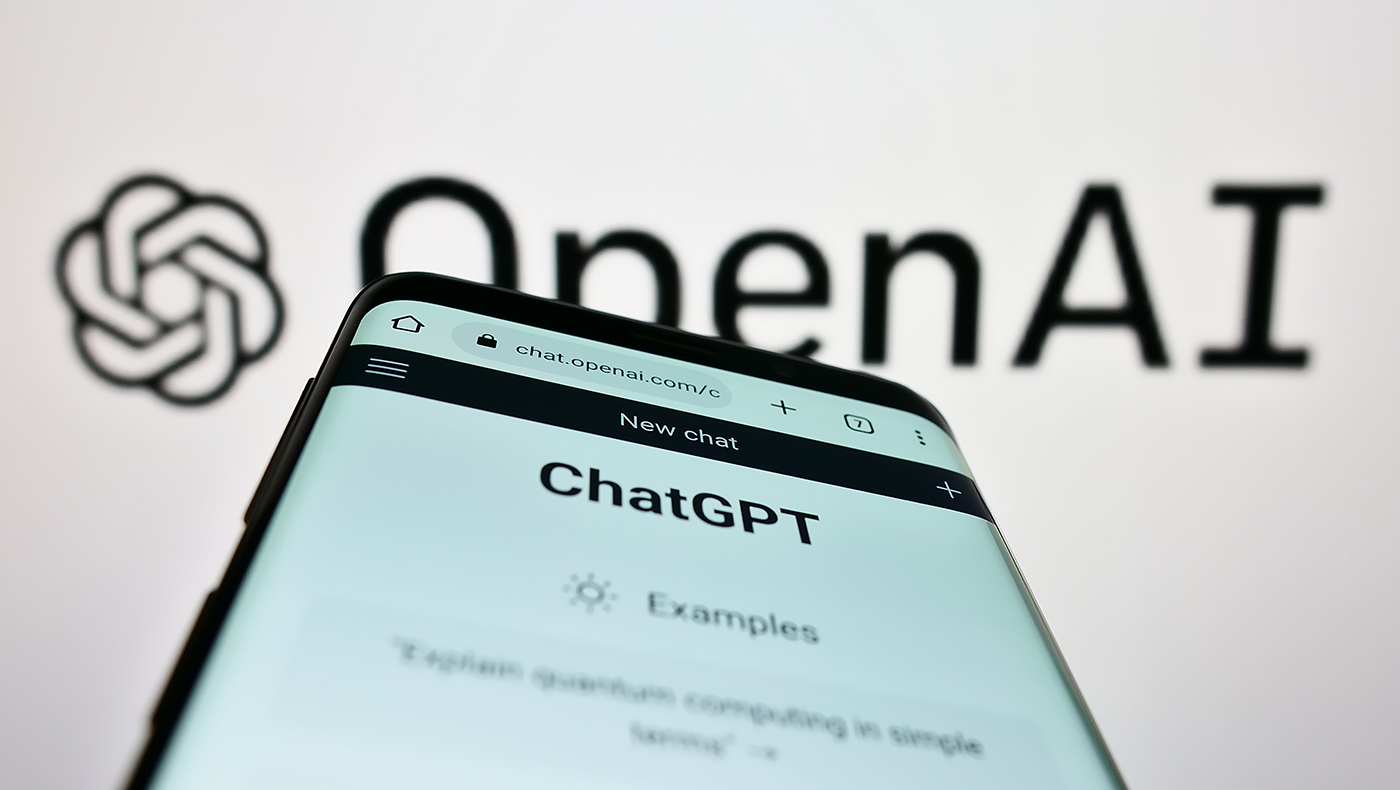ChatGPT is a tool developed by OpenAI based on the transformer architecture. It has been trained on a massive corpus of text data, allowing it to understand and generate natural language text. This means that ChatGPT can engage in conversations with users and respond to their queries in a way that mimics human conversation.
For example, a user can enter: Write a donor thank you note in the form of haiku. Voila!
“Your donation helps,
Grateful for your kind support,
Heartfelt thanks to you.”
A Wharton School professor found that ChatGPT could pass a final exam in a typical Wharton MBA core curriculum class. Naturally, this raised concerns throughout the academic community – would students use Chat GPT at the expense of learning. Students who feel grade or time pressure may use Chat GPT, making only the smallest edits prior to submission.
Instead of assuming the worst, the Lerner College’s Accounting and MIS department faculty had a Tech Talk to discuss current uses of the technology and consider benefits, which include increased engagement and supportive feedback.
For example, ChatGPT can answer common questions that students may have, such as when assignments are due or what the course syllabus is. This can help reduce the workload for educators who may otherwise have to answer the same questions repeatedly.
Another way that educators can use ChatGPT is to use it as a tool to provide feedback to students. ChatGPT can be programmed to analyze student work and provide feedback on areas where the student can improve. It might seem that this would eliminate student-faculty interaction, but in a health care study, researchers find that the demand for in-office care increases when patients interact with their doctors using digital technology. When students get feedback, they seek additional clarification and feedback and may be more likely to come to faculty office hours.
Technology is constantly changing the educational landscape and the Accounting and MIS faculty are ensuring that we stay out in front!
This article was not written using Chat GPT… or was it?




